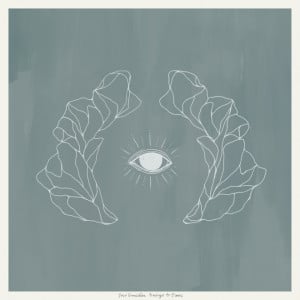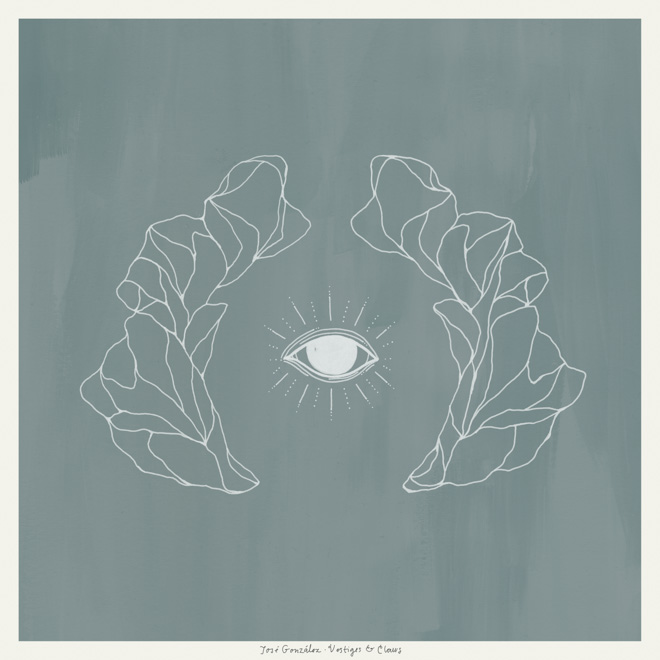Out Feb. 17, 2015, José González’s first album in eight years, “Vestiges & Claws,” opens with the cryptically-titled song “With the Ink of a Ghost” and ends with González singing quietly — as if to himself — “I feel just like an open book.” The listener is left putting together the pieces in between.

González, acclaimed for his acoustic folk cover of The Knife’s electro-pop song “Heartbeats,” is a man of contradictions. His sound is sparse, but his ideas are ambitious. A classical guitarist who grew up listening to Latin folk, pop and bossa nova, González played guitar in multiple hardcore punk bands before becoming the indie-folk singer-songwriter we now know him to be. Despite gaining notoriety from his covers of artists such as Joy Division, Massive Attack and Bruce Springsteen, González’s poetic, philosophical writing is one of his most striking qualities, which is especially apparent on his third full-length album “Vestiges & Claws.”
Through his lyrics, González seeks to explore both the environment within himself and the environment in which we live, examining such contrasting concepts as good and bad, tranquility and chaos, wholeness and loss. This is particularly evident on “The Forest,” in which, amid acoustic guitar, peaceful clarinet and the imagery of “mountains covered in snow,” González asks himself — so hushed it’s disarming — “Why didn’t I see / The forest on fire behind the trees,” examining the beauty of the mountains alongside the jarring destruction of a forest fire. Whether he’s singing of the natural world or looking inward, González’s lyrics are conceptual in nature. In “Afterglow,” he muses on the transience of human experience with lines such as “All of this will be gone someday / You and me and everyone we know.”

Although González acknowledges the darker truths of the world in his music, some of his most poignant musings bear faint glimmers of hope. On “Let It Carry You,” his echoing voice sings over acoustic guitar: “Let it carry you away / And dissolve into the foam of things near, of things gone / To remind our restless souls of the beauty of being here at all.” Likewise, in the lilting “Every Age,” he sings, “We don’t choose where we’re born…But we can learn to know ourselves.” That is just what González is doing when he asks such challenging questions as “What will it be / If our will is free?” on “What Will.” All he offers in reply is the stirring instrumental of the following song “Vissel” — a duet between González’s pensive guitar and his tranquil whistling — and perhaps that’s all we need.
The music on “Vestiges & Claws” is equally striking. Though the songs evoke his trademark simplicity, often limited to his serene vocals, acoustic guitar and light percussion, González has broadened his sound since his debut LP “Veneer.” From the multi-tracked, ethereal vocals on “Let It Carry You,” to the commanding percussion on “Stories We Build, Stories We Tell,” to the atmospheric clarinet on “The Forest,” González’s sound feels far more expansive than before. This is especially notable given the fact that González chose to work without a producer on this album, which lends a raw quality to it — an elegant ruggedness, much like the “landscapes blurred by rain” González describes on his song “The Forest.” This is a testament to González’s skill as an artist.
Through the record, González poses unanswerable questions. On “Open Book,” the album’s simple and transcendent closer, he sings, “Asking myself what it’s all about / What am I doing here, what’s this leading to?” To the end, González doesn’t seek to provide definite answers for the listener, embodying the words of the poet Rilke: “Try to love the questions themselves…like books that are now written in a very foreign tongue.” By the end of González’s spellbinding “Vestiges & Claws,” such words ring especially true.
Contact Tyler Dunston at [email protected].
